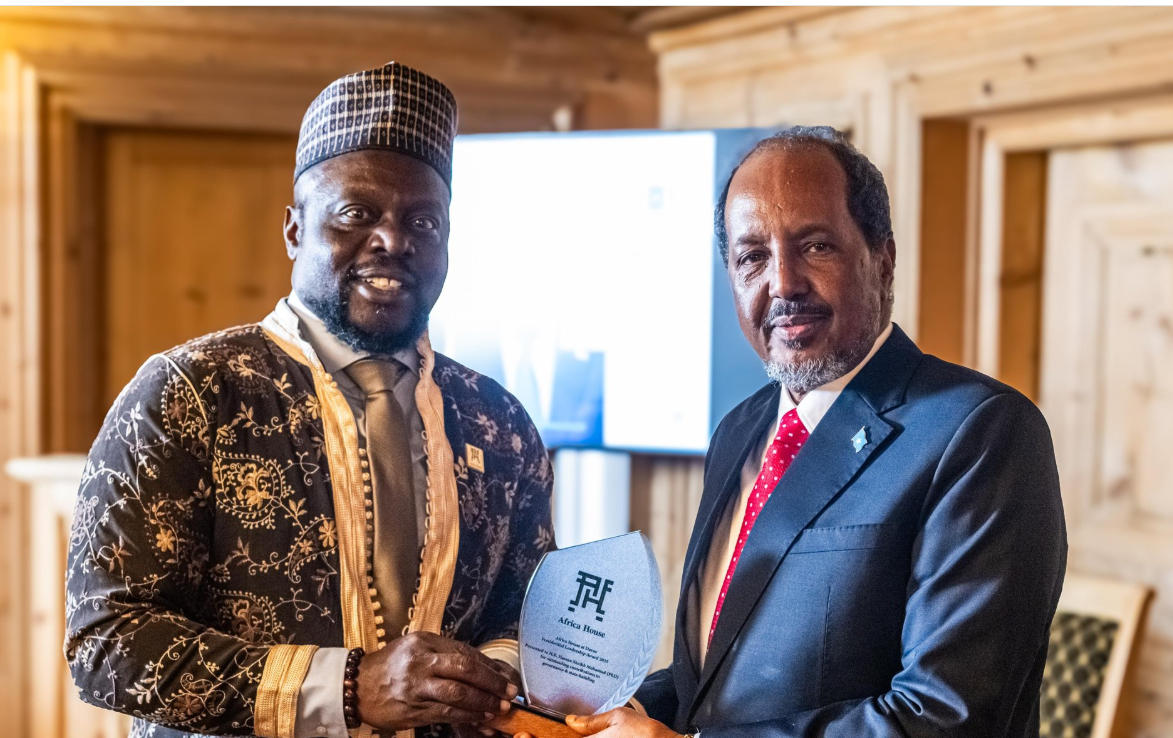The President Pro Tempore Emeritus of the Liberian Senate, Senator Albert T. Chie, has proposed a national discourse with the aim of unbundling the activities of the Liberia Petroleum Refinery Company (LPRC), which controls the downstream petroleum sub-sector of the country.
Grand Kru County Senator frowned on the fact that presently, the LPRC is acting as both referee and player in the management of the sub-sector as it is performing policy setting, regulatory oversight and commercial operations roles.
“How can the LPRC set prices through the monthly petroleum prices circular for importers when it is also an importer,” the Senator wondered. “This institutional conflict creates an uneven playing field that can be a significant barrier to the growth of the private sector, the efficient delivery of high quality and affordable energy services to the population and just revenue intake to the government,” Chie noted in his communication to Senate plenary.
To ensure efficiency, productivity and cost-effective delivery of affordable energy services, “international best practice dictates that the roles of policy setting, monitoring/regulatory oversight and commercial operations be housed in three distinct institutions, and not one institution or two institutions.”
Senator Chie recalled that in 2009, the government of Liberia published the “National Energy Policy and an Agenda for Action and Economic and Social Development,” which stated that as a key national energy policy objective, the Government should amend existing legislation and create enabling laws to unbundle the activities of the Liberia Electricity Corporation (LEC) in the power sector, the activities of the National Oil Company of Liberia (NOCAL) in the upstream petroleum sub-sector and those of the LPRC in the downstream petroleum sub-sector.
Senator Chie, who is also a geophysics expert, maintained that since that time, in the power sector, the government enacted a law that clearly vested policy setting in the Ministry of Mines & Energy, regulatory oversight in the Liberia Electricity Regulatory Commission (LERC) and LEC retained a role as a commercial operator.
In the upstream petroleum sector, he noted that a new petroleum law was enacted to place regulatory oversight roles with the Liberia Petroleum Regulatory Authority (LPRA) and policy setting with the Ministry of Mines and Energy, while NOCAL retained a role as a commercial operator.
“But in the downstream petroleum sector, the reform recommended by the National Energy Policy of 2009 has not taken place and LPRC still has overlapping functions of referee and player,” the document noted.
Senator Chie urged his colleagues to request the Senate Committees on Public Corporations; Autonomous Commission and Agencies; and Energy, Hydrocarbon & Environment; with support from the Committee on Judiciary, lead the national discourse through public hearings and other legislative process such as the review of the LPRC corporate charter of 1978 as well as the 1989 “Act Granting Exclusive Right to LPRC for the Importation of, Sale, and Distribution of Petroleum and Petroleum Products within the Republic of Liberia.”
As a deliverable of the process, in line with the National Energy Policy of 2009, “we look forward to an unbundled and efficient downstream petroleum sector, with the creation of or a small, but efficient entity to oversee regulatory activity or designation of that function to an existing entity other than the LPRC, explicitly vesting policy setting functions in the Ministry of Mines and Energy, or any other Government agency and committing the LPRC to commercial operations function.”
Conversely, the former Senate Pro Tempore noted that the national discourse could deliver the LPRC as a regulatory authority, but divest it of commercial operations functions in line with international best practice and the National Energy Policy.
Discussions on the document are expected to kick-off early next week, when it makes a second appearance on the Senate agenda.










